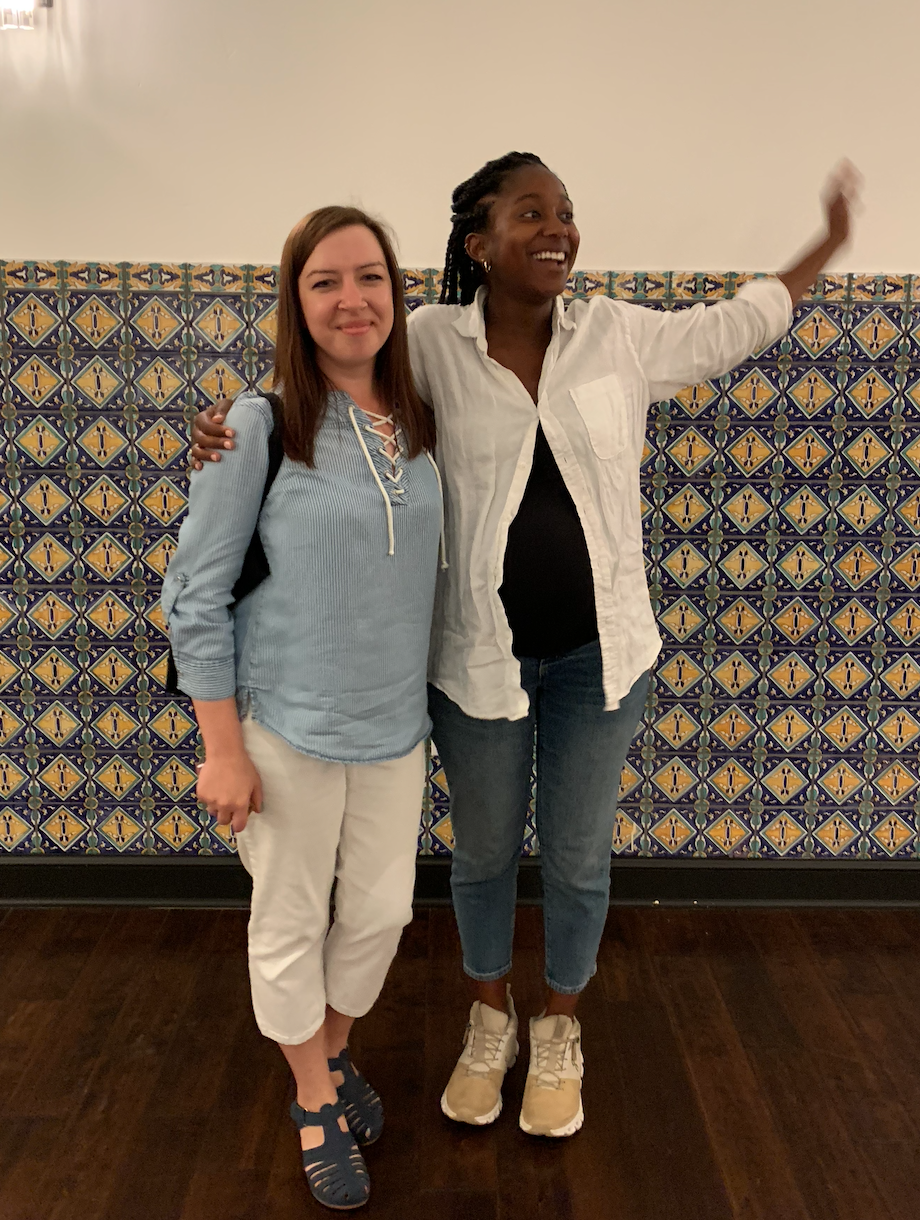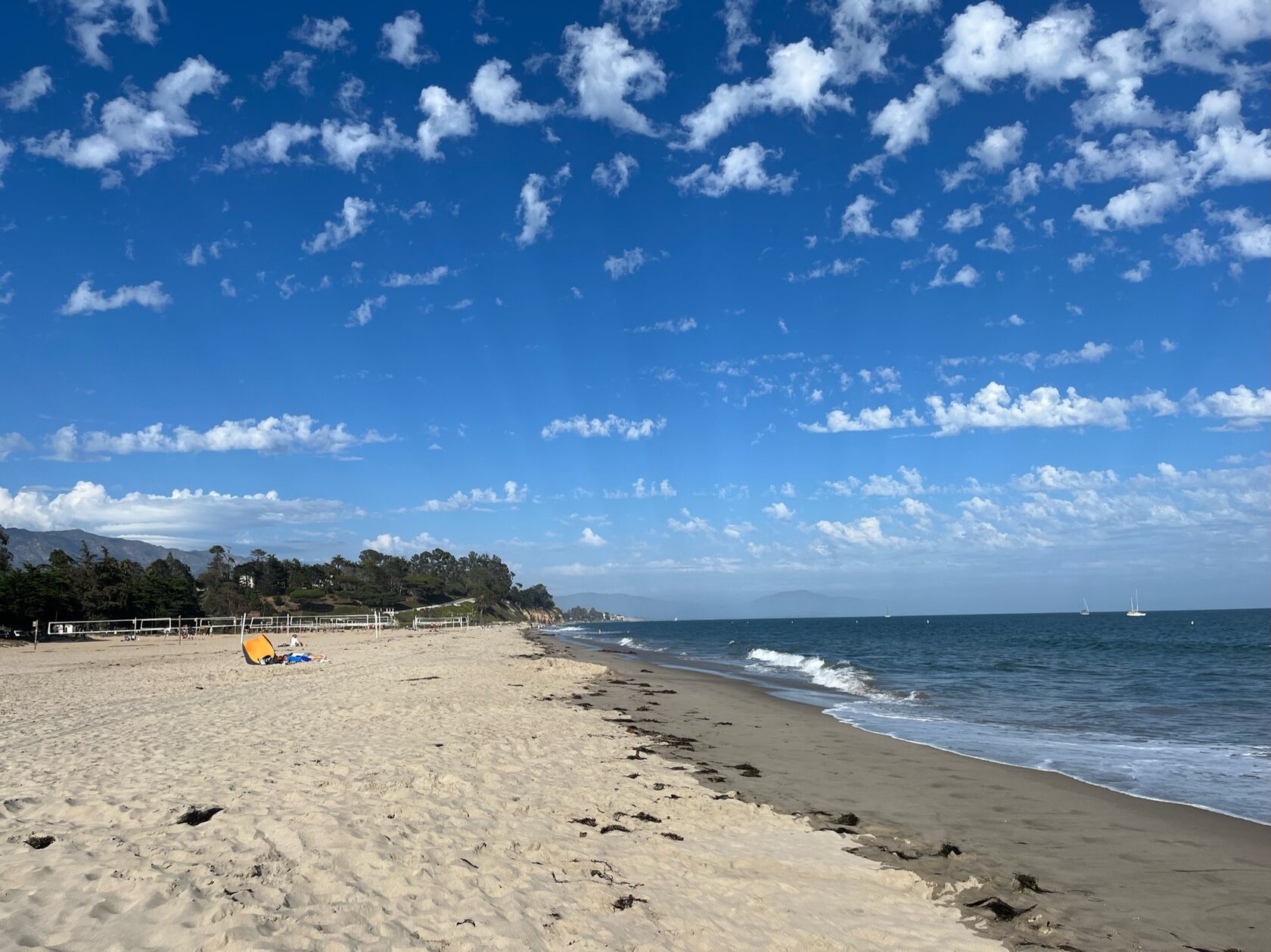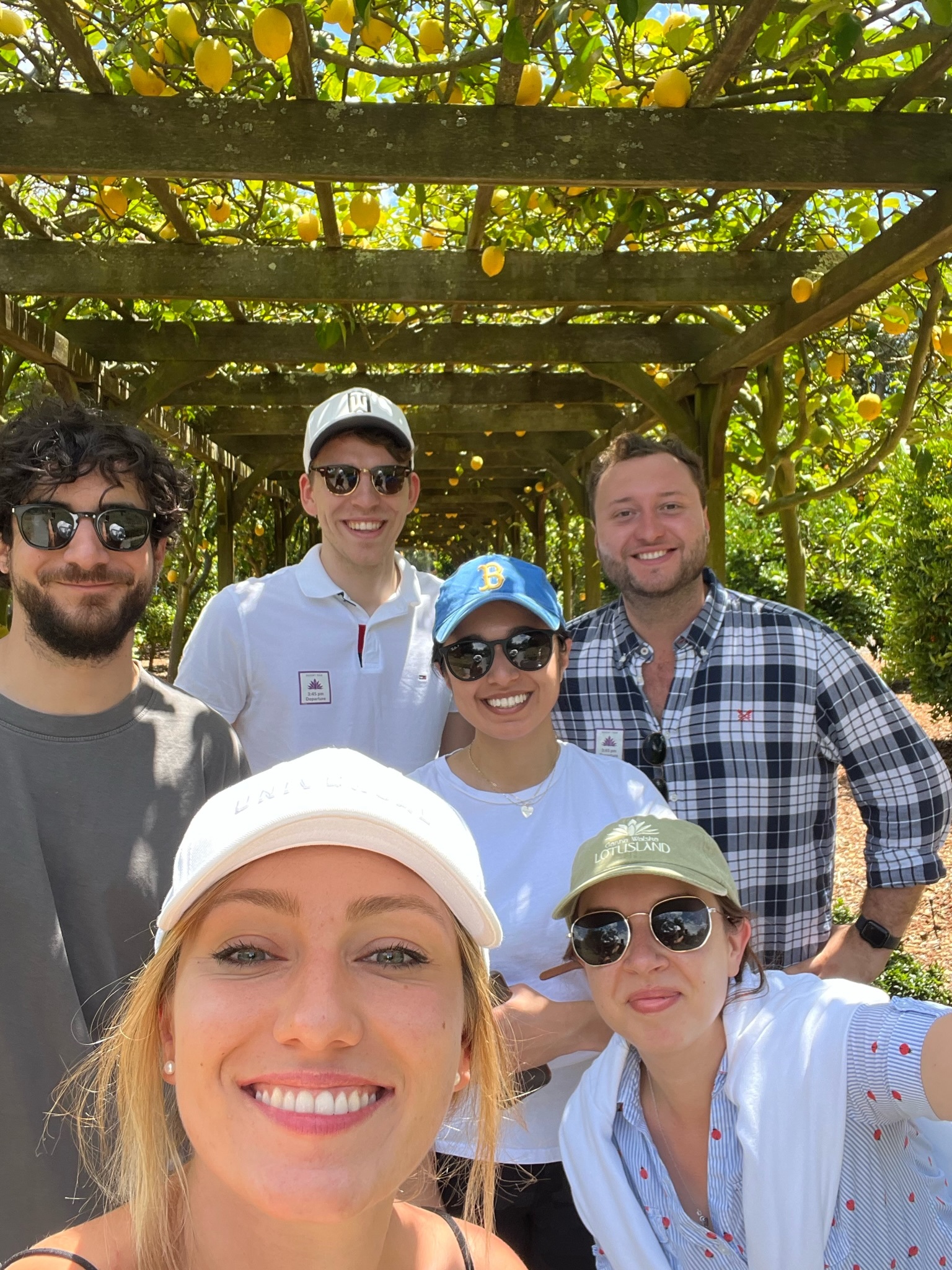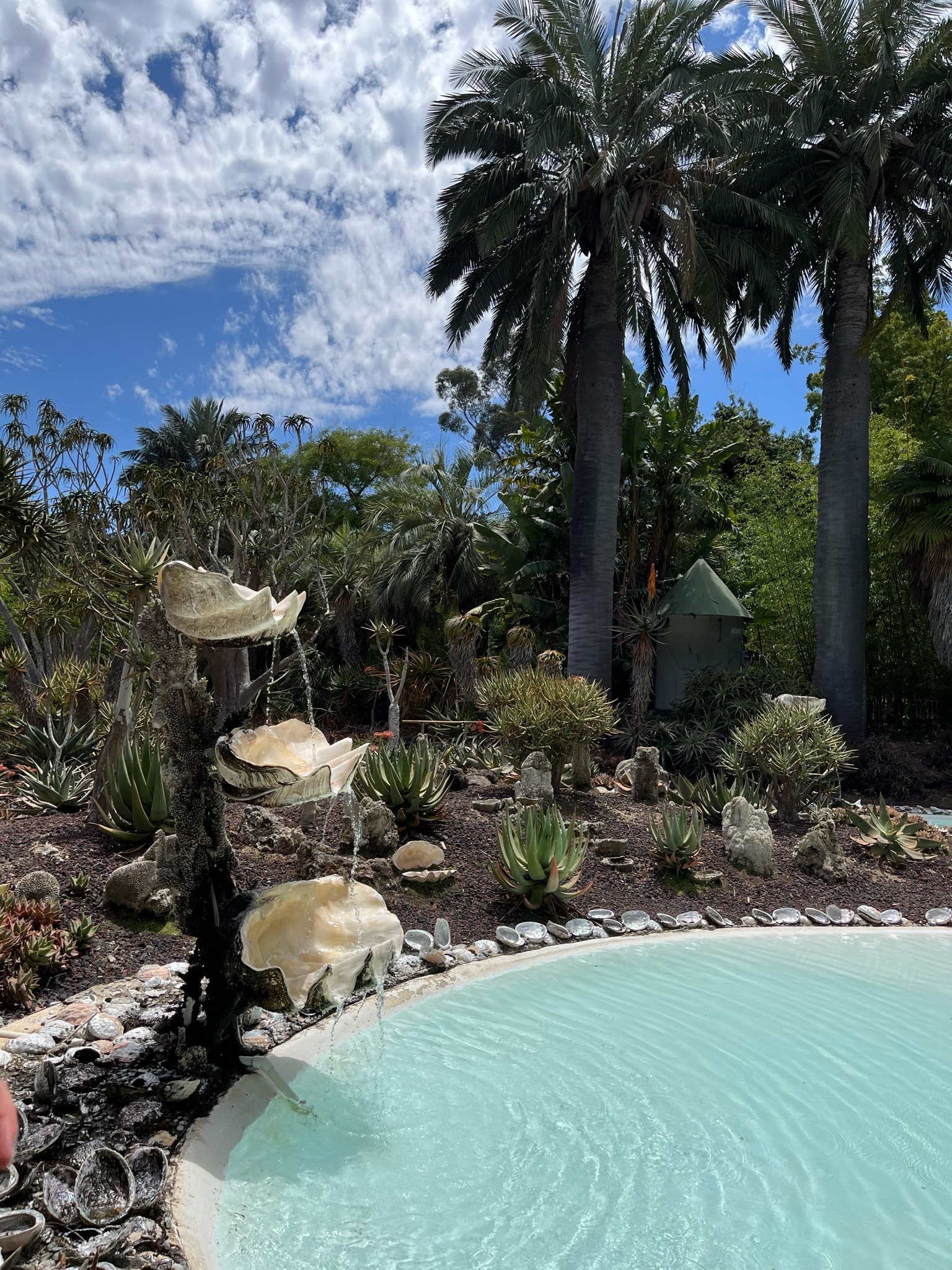What was the focus of the Katch Retreat?
The primary focus of the retreat was for our team to come together, for the first time in person, to collaborate and have some fun! We love remote work but also find it to be crucial to get together in-person for alignment and culture-building.
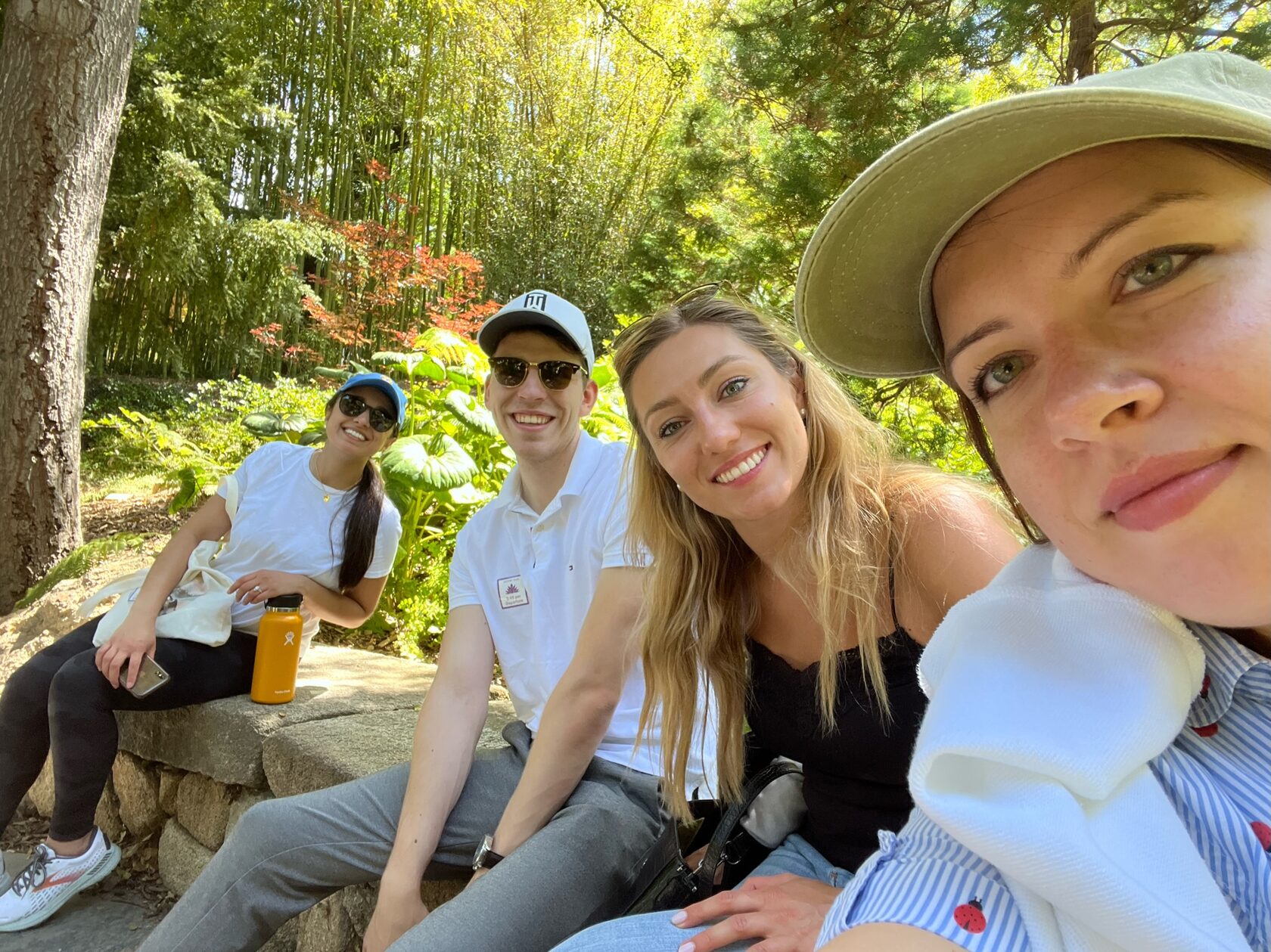
What was the clear value that emerged from having the company retreat?
There’s a ton of value in a company retreat. Being in-person for a few days allowed us to get to know one another and have some organic collaboration. The retreat also allowed us to get some valuable feedback on where we are and how we can continue to improve our workplace culture.
What was the experience like for a team that’s never met in person to get together?
It was amazing! It was interesting because we all agreed that we thought everyone was really serious via Zoom, but we were relieved to find out that everyone is actually quite laid back and fun. We also wrongly estimated each other’s heights, which was funny. The in-person time allowed us to just get together and laugh, have fun, and eat good food and have productive working sessions.
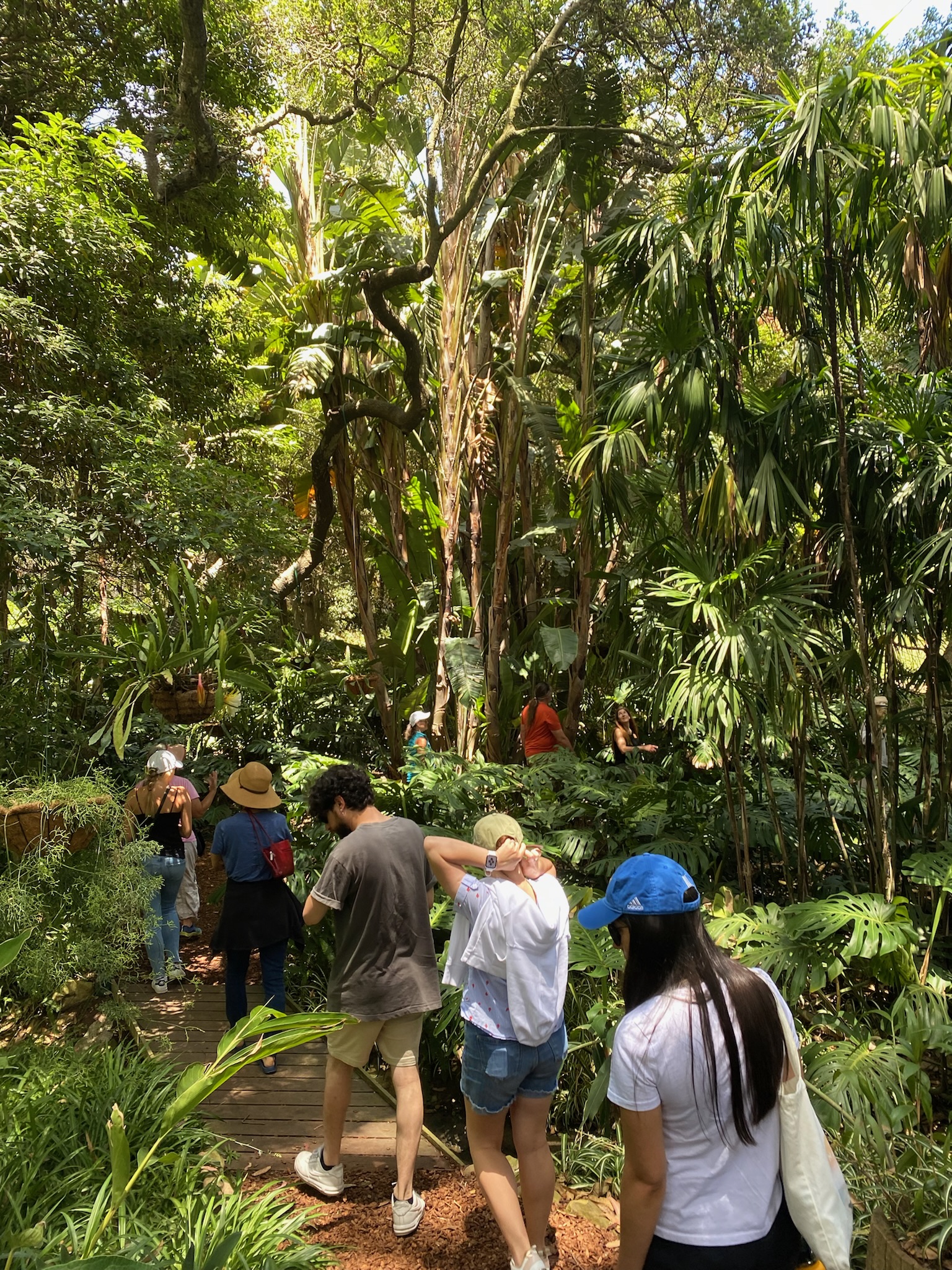
How has it been different planning for those attending in-person vs those attending virtually?
Most of the magic of a retreat is being in-person, but I wanted to make sure we could include team members who were unable to attend. The way I approached this was to provide Zoom details for all working sessions - they weren’t mandatory as the timing was difficult for some of our team, but it opened the door to participate in the retreat if they wanted to. We also recorded all sessions and posted them in our team Slack channels and on our company Notion page.
What’s one valuable piece of information you were able to pull from the retreat from a planning perspective?
I got some great advice about a week before the retreat and that was to allow for a lot of down time. I think the tendency is to schedule every minute of the retreat but a lot of the collaborative, productive stuff happens in the unscheduled time when people are just freely brainstorming and interacting!
